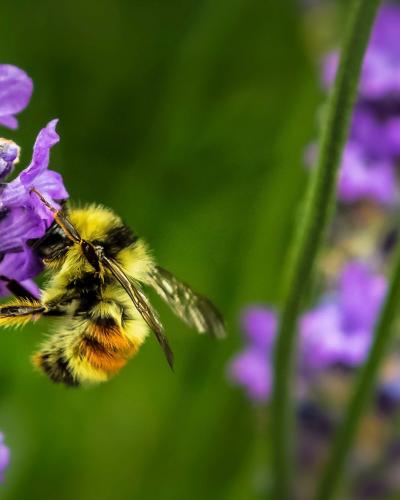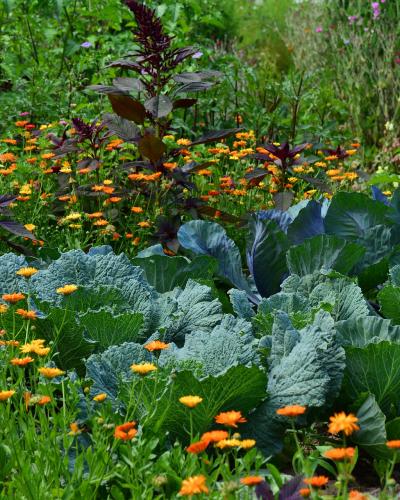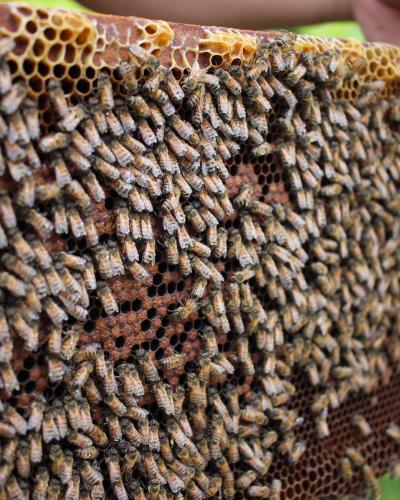A recent study published in the journal Insect Conservation and Diversity found that non-crop flowering fields are helpful in attracting bumblebees to cropland, but organically managed crops rich...
Nov 15, 2021
Industrialized chemical agriculture has caused a decline of many important insects across the globe, while organic farming can promote biodiversity by using fewer harmful sprays and by providing...
Jul 19, 2021
Chemicals sprayed in agriculture can drift from the target field during spray events, impacting human exposure and neighboring crops. A recent study published in the journal Environmental...
Feb 24, 2020
Map of climate related change in bumble bee populations from baseline period (1901-1974) to recent (2001-2014). Credit: Peter Soroye, Tim Newbold, Jeremy Kerr
...Dec 09, 2019
Photo Credit: Alan Emery
Recent science shows that we are losing many important insects at an alarming rate all across the globe. Intensification of agriculture,...
Dec 02, 2019
Photo Credit: Jean Wimmerlin
Neonicotinoids are neurotoxic pesticides commonly used in conventional agriculture since the early 1990s. They are now known to contribute to...
Nov 11, 2019
Photo Credit: Janice Gill
Insects can be really important and beneficial to crop production when they provide services such as pollination and help control other pest...
Oct 21, 2019
Photo Credit: Conger Design
New research shows that there is good news when it comes to supporting the health of our environment—growing a diversity of crops can increase...
Sep 02, 2019
Photo Credit: Vadim Karnakhin
A study recently published in the Journal of Applied Ecology found that organic agriculture can significantly increase the health of honeybee...
Jan 22, 2019
photo credit: Jason Blackeye
A recent study published in Agriculture, Ecosystems & Environment found that more resources for pollinators, more wild bees, and more types...













